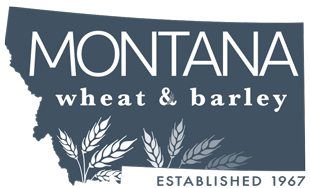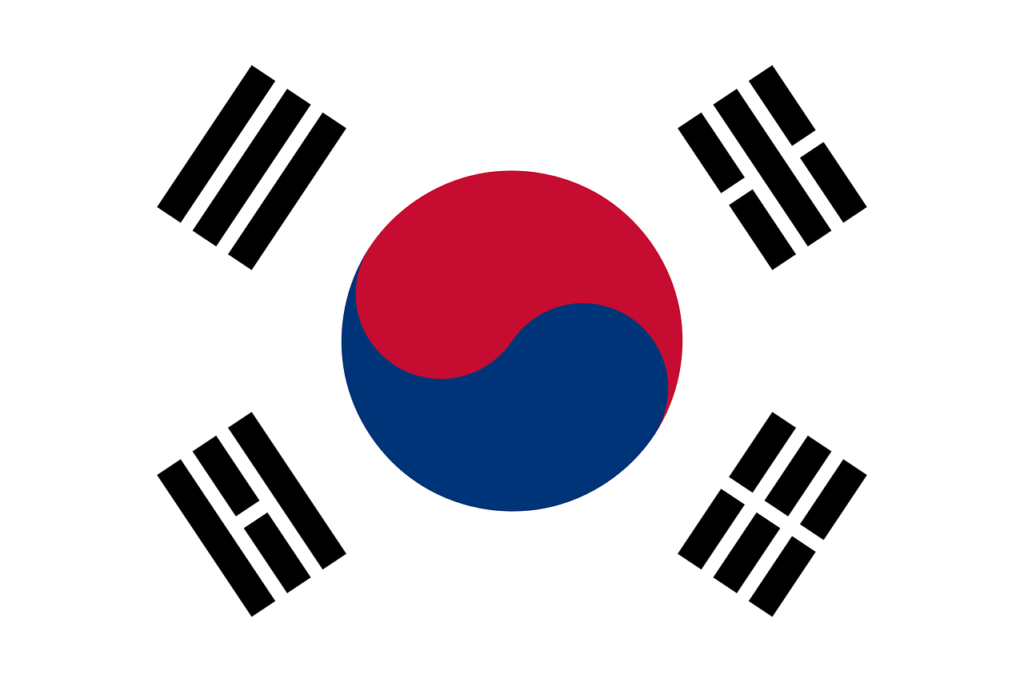Partner Spotlight

South Korea is a highly sophisticated, quality conscious market where US Wheat enjoys a 50% to 60% market share for milling wheat. This number represents a huge success, but also a substantial opportunity for growth. The implementation of the US-Korea Free Trade agreement in June of 2007 allowed US wheat and flour imports to enter the country duty-free. In the years since, competitors like Australia and Canada have secured equal access to South Korea, and in 2021 Australian wheat accounted for 43% of Korean flour market imports.
As far as domestic production, South Korea produces up to 30,000 metric tons in a favorable year. Recently, the government revised the target for domestic wheat production up to 120,000 metric tons by 2025 and has allocated funds toward this effort. However, with current varietal limitations, poor and inconsistent quality, as well as the high price, this increase is not likely.

There are currently nine milling companies operating in Korea. Seven of these companies purchase as a group through the Korea Flour Mills Industrial Association (KOFMIA). KOFMIA typically purchases #1 grade US wheat of a variety of different classes and protein levels within the same vessel. Two large companies, SPC and Samyang Flour Mills, operate outside of KOFMIA and purchase directly.
The Korean bakery market is very diverse and represents retail bakeries, large franchises and in-store bakeries. There are approximately 5,200 independent bakeries, and 5,300 franchise owned bakeries in Korea. Paris Baguette, owned by SPC Group, is the largest franchise bakery in Korea with nearly 4,000 outlets. SPC also operates over 400 bakery shops in foreign countries. CJ is also a major player in the wheat industry, operating the second largest flour mill and 1,300 bakery shops in Korea.

Growth segments of interest to Korea are whole wheat bread products and organics, both of which could both provide benefit to Montana. The majority of milling wheat usage is consumed in the form of noodles, with that segment accounting for 50% of the market share, followed by bakery products at 30%. In the noodle market, instant ramen dominates at 50%, with wet noodles being 33% and dried noodle 17%. Australian wheat is overwhelmingly preferred in the wet and dry this sector, but all four of the major instant noodle manufacturers utilize US wheat for improved texture, which provides a consistent market for Montana hard red winter and hard red spring. Hard white wheat varieties, and red varieties with low polyphenol oxidase properties are highly coveted in the South Korean market.

